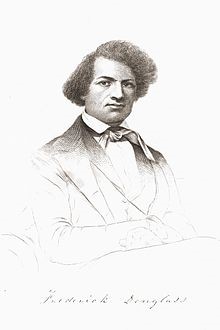
George Santos (R- New York) has created a fabulous personal history out of thin air. His history, as an elite athlete and volleyball star, savvy business tycoon, friend of dogs, grandson of holocaust survivors got him elected.
So it worked?
When we read history, we tend to accept it as being truthful. It’s written down by maybe a professor from Harvard and contains many facts, most probably true. But, it can’t contain all the facts. What about those missing facts? As attributed to Winston Churchill, “history is written by the victors” and not by those that have been oppressed, defeated or killed.
Who has written our history? Well, mainly white men, not African slaves or native Americans, or women. There are exceptions, I recommend Narrative of the Life of Frederick Douglass: An American Slave.
History has an agenda?
An interesting debate between the state of Florida and the College Board has erupted, basically over what is history allowed to document and review in the newly developed AP African American Studies course. Florida’s Department of Education blocked the course in January, arguing in a letter that the curriculum “is inexplicably contrary to Florida law” and “significantly lacks educational value.” The governor of Florida claims the new AP course lacks “historically accurate content” and is “indoctrination”, a way to “shoehorn in queer theory” through Black history “for political purposes.” The College Board has revised the course saying “contemporary events like the Black Lives Matter movement, reparations, and mass incarceration were optional topics in the pilot course.
History has optional topics?
Should we know about the times in our history when slavery was allowed or indigenous people were massacred? Would high-schoolers be traumatized by studying all of our history?
Understanding history helps us understand and ponder the issues of life, by examining how the past shapes global, national, and local customs and relationships. E. Patrick Johnson, dean of the School of Communication at Northwestern University raises some key issues: “When we think about the ways in which Black people were brought to this country, and used as breeders for profit, that already begins a conversation about sexuality and the ways in which Black bodies were utilized.”
The thorough study of history helps us to see current patterns, customs and relationships that might otherwise be invisible. It can provide the tools for critical thinking to understand and solve current problems.
No! We need to look at it all: Good and Bad!

